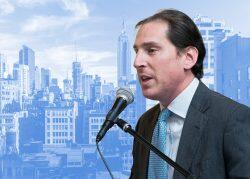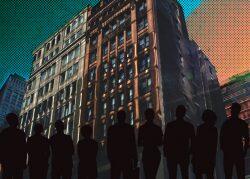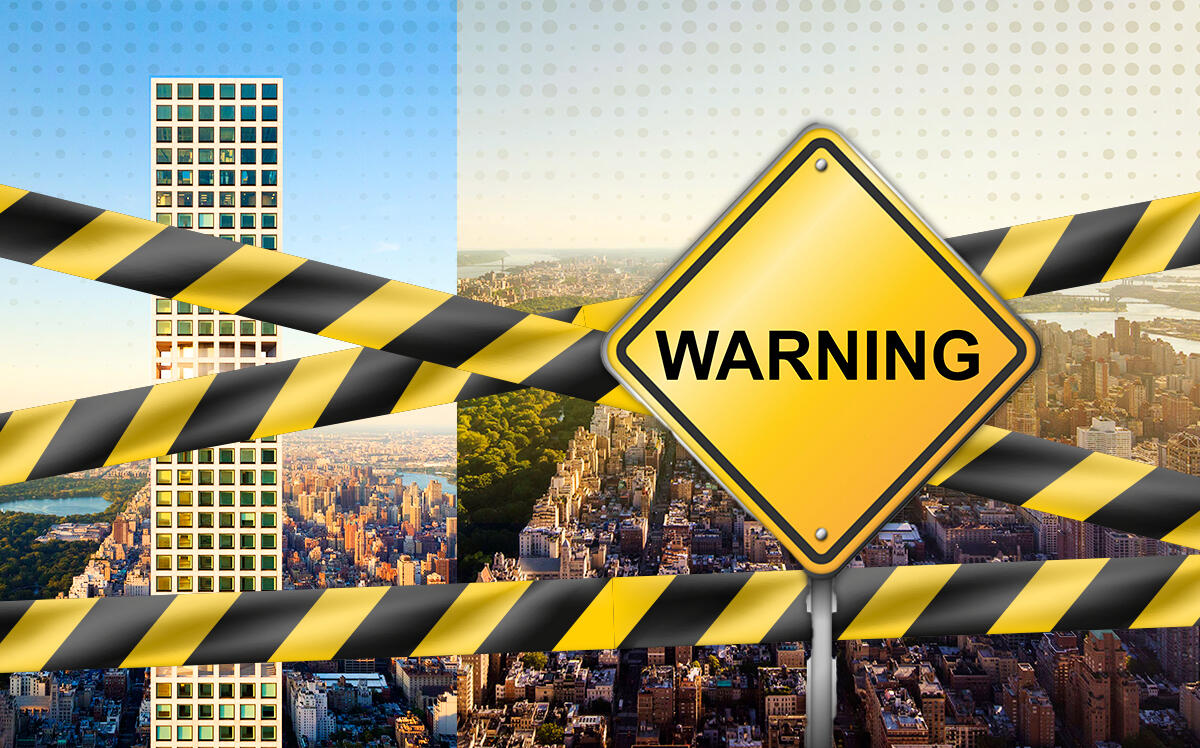The towers on Billionaires’ Row have become known for pushing the city’s skyline to new heights, but the supertall structures are also among a new class of buildings posing unprecedented safety questions.
Only 3 of the city’s 25 tallest residential towers have completed safety tasks as outlined by the Department of Buildings and are among “at least hundreds” of buildings in the city that have not obtained a final certificate of occupancy, according to The New York Times.
The Times also found a plethora of outstanding issues among Billionaires Row buildings, which are considered the height of residential luxury in the city. The report said eight of the elite buildings don’t have final sign-off for elevators or plumbing, seven don’t have approval on sprinklers and standpipes and five don’t have fire department approval.
Engineers and urban planners are among those who expressed concern about the supertall towers that don’t have a final certificate. Buildings are taller and skinnier than ever, they say, and safety risks could emerge between gaps in completed inspections and enforcement.
Many are operating with temporary certificates of occupancy, which are not issued if any structural issues are detected, the report said. The temporary certificates can be renewed, but aren’t supposed to last for more than two years and should prompt an inspection every 18 months that is regularly overlooked, the report notes.
“The answer is, I don’t know how safe these buildings are, and nobody does,” Jose Torero, who serves as the head of the Department of Civil, Environmental and Geomatic Engineering at University College London, told the Times.
Torero noted to the outlet that some of the city’s current safety procedures were born from prewar buildings and don’t address the significantly different design and layout elements in newer residences.
Owners may balk at getting final certificates because of a difficult process that can’t be completed without the closure of all projects and violations, including those with individual tenants. Those owners can expect to see insurance premiums rise, among other consequences.
The report comes after months of scrutiny on CIM Group and Macklowe Properties’ 432 Park Avenue, where residents are suing developers for $250 million. In the suit filed last month, the condo board complained of problems with flooding and elevators, in addition to noise related to the tall building’s sway.
The building has filed for 36 T.C.O.s since 2015 and has yet to certify sprinkler and standpipe safety, according to the Times.
Read more


[NYT] — Holden Walter-Warner
